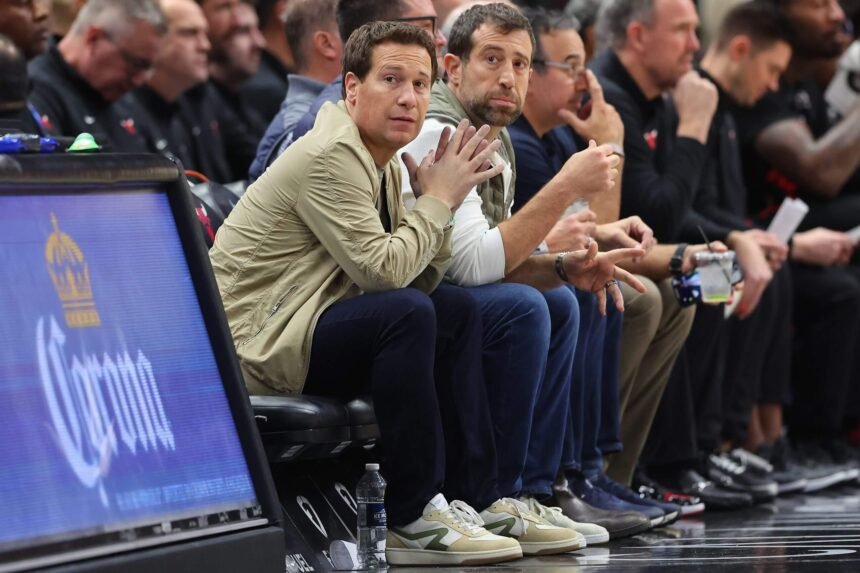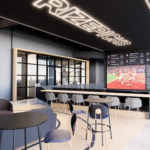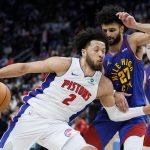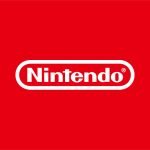DALLAS — The ownership group that recently purchased the Phoenix Suns — before promptly making a splash by acquiring Kevin Durant — is now interested in buying the Minnesota Twins.
A source briefed on the situation confirmed that Justin Ishbia and his brother, Phoenix Suns and Mercury owner Mat Ishbia, are interested in buying the Twins from the Pohlad family, which began exploring a sale in October after 40 years of ownership. Bloomberg first reported the Ishbias’ interest in the Twins.
Justin Ishbia, whom Forbes estimated has a net worth of $5.4 billion, would lead the Twins investor group and is part of the Suns’ majority ownership group and the team’s alternate governor. His younger brother Mat purchased the Suns in December 2022. Three days after the NBA approved his ownership in February 2023, the Suns acquired Durant in a blockbuster trade with the Brooklyn Nets.
Justin Ishbia, 47, is the founder and managing partner of Shore Capital Partners, a Chicago-based private equity firm, and according to Forbes also has a 22 percent stake in United Wholesale Mortgage, for which his brother Mat serves as CEO and chairman.
Earlier this year, Forbes and Sportico estimated the Twins to be worth $1.46 billion and $1.7 billion, respectively. The most recent Major League Baseball team to sell is the Baltimore Orioles, who fetched $1.725 billion in March.
Several parties briefed on the matter expect the Twins’ sale process to take six months, which means a new ownership group is unlikely to be in place before Opening Day. One of those sources said the Ishbia brothers are very interested in purchasing the club and have held several meetings with local leaders.
Earlier this week at MLB’s Winter Meetings in Dallas, Twins president of baseball operations Derek Falvey said that it’s still early in the sale process. Falvey, who is set to become the Twins’ team president in January, described the sale’s status as being in phase one, “which is gathering a ton of information. Our lawyers and finance people who need to get everything into order, they’ve been working like crazy. Then there’s the next phase to the process when potential buyers are starting to look into this. We’re not in that phase yet.”
Even though a sale might not be finalized until April, the promise of a new ownership group could provide vital energy to an organization that needs to reconnect with its fan base. Despite coming off an American League Central title in 2023 and their first playoff victory since 2002, the Twins failed to draw two million fans in 2024. Minnesota ranked 23rd out of 30 MLB teams in home attendance last season.
Fan discord likely played a significant role in keeping diehards away from Target Field in 2024 after ownership slashed payroll by $30 million for the season and the team was blacked out in its own TV market for three months, the result of a contract dispute between Xfinity and the club’s broadcast partner, Diamond Sports/Bally’s.
Though the Twins have promised no further payroll cuts for the 2025 season, the team’s payroll is expected to remain around $130 million. While no additional reductions in payroll is a better position than the Twins were in a year ago, the team’s front office still must contend with a roster full of players who are getting more expensive. Currently, the team’s estimated payroll for 2025 sits between $136 million and $140 million.
“Whenever a family goes to sell a team, the excitement, the opportunity of the new purchaser is going to come in and bring a renewed spirit to the sport,” agent Scott Boras said in early November. “The great thing about franchises, I think, is that when you see them change ownership, you see someone come in that has a very refreshed view about why they bought the team, and I realize it’s an investment, but they understand now that ‘I don’t want to walk around my city and have my last name changed. I understand my last name is now winner or loser.’ I don’t think any ownership really ever realizes that until they buy the team, until they’re involved in sport, and then all of a sudden they understand that regardless of their great business success that allowed them to buy that team, their presence in our country is probably most noted for the behavior of the team that they just purchased.”
From left, Mat and Justin Ishbia watch a Suns game in 2023. (Michael Reaves / Getty Images)
Since his brother purchased the Suns for $4 billion, Justin Ishbia has held the title of alternate governor for the Suns and the WNBA’s Mercury as well as minority owner of Major League Soccer’s Nashville Soccer Club.
Under the family’s stewardship, the Suns built a new practice facility and a campus for team employees. After a dispute with their regional sports broadcast partner, last season the Suns began airing their games for free on local television.
Justin Ishbia has been heavily involved in running all three teams. He’s also donated $10 million to Michigan State University’s athletics program and an additional $10 million to Vanderbilt University. Ishbia and his wife, Kristen, earned undergraduate degrees at Michigan State, and he is an alum of Vanderbilt Law School.
“The beauty of baseball is that it’s not about a star or two,” Ishbia told The Athletic’s Brian Hamilton in September. “It’s truly a team sport, and it’s a team sport over a long period of time. It’s a grind and it’s a discipline. It’s life. Life is the discipline of doing the same thing over and over again consistently. And that’s what the long summer of baseball is all about.”

GO DEEPER
Justin Ishbia donates $10 million to Michigan State athletics, with baseball scoring big
Despite winning the American League Central three times in five seasons, the Twins have struggled to draw fans to Target Field. A team that has thrice in 60-plus seasons in the Twins Cities drawn three million fans in a season, including twice since moving into Target Field in 2010, hasn’t topped two million tickets sold since the 2019 season.
Fans were vocal about their disappointment with the ownership group throughout the 2024 season. Last offseason, team officials announced the club would cut payroll by $30 million less than one month after the Twins won their first playoff game since 2004 and first playoff series since 2002. The news killed any chance of the team re-signing free-agent pitcher Sonny Gray, who had finished second in the AL Cy Young Award voting in 2023. Fans believed the payroll cuts killed the club’s momentum too, and the moniker “Cheap Pohlads,” previously given to the ownership group by some in the fan base, struck again.
In early May, the team suffered another big blow when cable provider Xfinity and the team’s regional sports network, Bally, and its parent company Diamond Sports, ended negotiations, which led to a three-month blackout that took the team off the air in more than 40 percent of Twins Territory.
As the Twins collapsed later in the season, going from almost a sure thing to make the playoffs on Aug. 17 to finishing four games out of a wild-card spot, Twins fans began vocalizing their displeasure with ownership. Whether it was patrons at the ballpark chanting “Sell the team” or one creative fan sneaking in a “Defund The Pohlads” sign that made it onto the big screen videoboard, Twins faithful made their feelings known.
On Oct. 10, the Pohlad family surprisingly announced it was exploring a sale, raising the possibility that the franchise stewards in place since 1984 and for three generations were interested in passing the baton.
(Top photo of Justin Ishbia, left, and Mat Ishbia: Mark J. Rebilas / USA Today)











